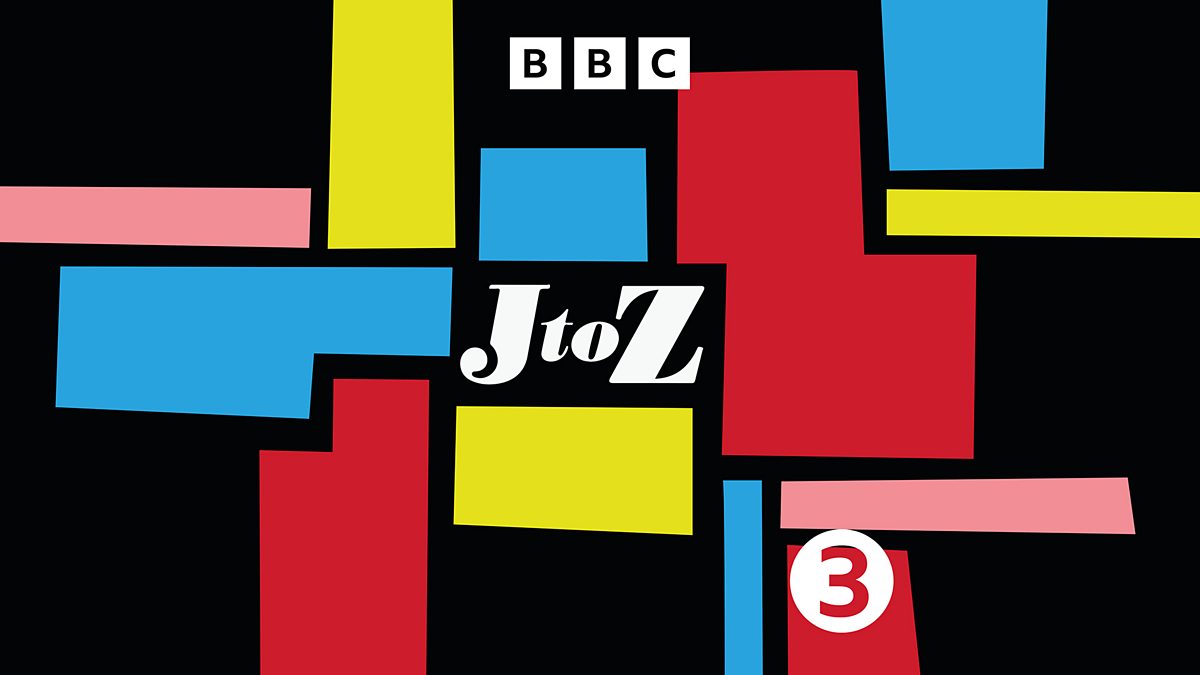Sat 28 Sept
4pm - Jazz Record Requests
Alyn Shipton introduces listeners' requests across the full spectrum of jazz, today featuring discs by John Coltrane, Howard McGhee and Eliane Elias. The show moves to Sundays from next week.
5pm - J to Z
Julian Joseph presents a session from keyboardist Rebecca Nash. The rising star and her group Atlas perform music from their debut album Peaceful King. And Dallas-born vocalist Jazzmeia Horn discusses recordings that have inspired her.
12midnight - Geoffrey Smith's Jazz
Featuring a look at the troubled career of US trumpeter and vocalist Chet Baker (1929-88).
There's still Jamie Cullum's The Jazz Show on Tues Oct 1 on Radio 2 at 9pm.
And The Portico Quartet appears on the new Unclassified, on R3 on Thurs 3 Oct, at 11pm.
4pm - Jazz Record Requests
Alyn Shipton introduces listeners' requests across the full spectrum of jazz, today featuring discs by John Coltrane, Howard McGhee and Eliane Elias. The show moves to Sundays from next week.
5pm - J to Z
Julian Joseph presents a session from keyboardist Rebecca Nash. The rising star and her group Atlas perform music from their debut album Peaceful King. And Dallas-born vocalist Jazzmeia Horn discusses recordings that have inspired her.
12midnight - Geoffrey Smith's Jazz
Featuring a look at the troubled career of US trumpeter and vocalist Chet Baker (1929-88).
There's still Jamie Cullum's The Jazz Show on Tues Oct 1 on Radio 2 at 9pm.
And The Portico Quartet appears on the new Unclassified, on R3 on Thurs 3 Oct, at 11pm.





Comment